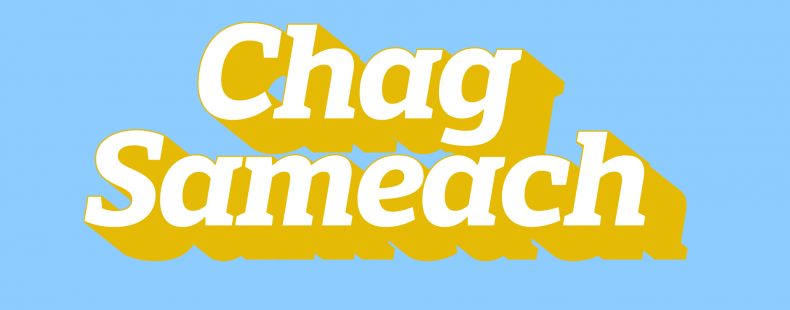When it comes to Jewish holidays, Yom Kippur is one of the most significant. Considered a high holy day, Jewish people around the world observe it by fasting, praying, and asking forgiveness for the sins they’ve committed.
If it sounds rather intense, it is. It’s not a day of celebration, but rather a solemn, pensive time of reflection and contemplation, which is why phrases like “Merry Yom Kippur!” and “Happy Yom Kippur!” just don’t hit the right notes.
Yom Kippur begins Sept 24, 2023 at sundown and ends Sept. 25 in the evening.
First, a bit more about Yom Kippur
The day’s name comes from the Hebrew words yōm, which means “day,” and kippūr, which means “atonement.” That’s why Yom Kippur is also referred to as the Day of Atonement. Atonement means “satisfaction or reparation for a wrong or injury; amends.” It stems from the phrases at one or at oon, which mean “in harmony,” as translated from the Medieval Latin word adūnāmentum. It’s also comparable to the Middle English word onement, which means “unity.” Other words for atone include apologize, appease, correct, and reconcile.
Learn more about Yom Kippur and how it is discussed here.
Yom Kippur lasts for 25 hours, during which time Jewish people abstain from food and drink and spend most of the time reciting prayers of repentance in their synagogue for all the wrongs they’ve committed.
The origins of Yom Kippur trace back to biblical times, when Moses broke the Ten Commandments because he was so angered by people worshipping a golden calf. Because the people atoned for their sin, God gave Moses another set of the commandments, and all was forgiven.
Yom Kippur is part of a 10-day period known as the Yamim Nora-im (“Days of Awe” or “High Holidays”), which begins with Rosh Hashanah. Yom Kippur falls on the 10th day of the month of Tishri (the first month of the Jewish calendar) and closes out the holiday. It’s believed that one’s fate is written on the first day of Rosh Hashanah and then sealed on Yom Kippur.
We have even more to say about the significance of Rosh Hashanah here.
What to say to someone on Yom Kippur
Yom Kippur isn’t necessarily a day of sadness, so your greetings need not be grave or somber. You should, however, keep in mind the contemplative nature of the day and make them warm and sincere. Some suggestions include:
- G’mar chatima tovah: (pronounced gih-mar chah-tee-mah toe-vah) or g’mar tov, for short. This Hebrew phrase means “a good final sealing.” This refers to sealing one’s fate on this day.
- Tzom kal: (pronounced tzome kahl), which means “easy fast.” In English you could say, “I hope you have an easy fast,” or because of the significance of the fast, some suggest saying, “Have a meaningful fast.”
- Yom tov: This generic Hebrew greeting can be used on Yom Kippur or any other day for that matter, as it means “good day.” You could also use the Yiddish version of this phrase: gut yontiff (pronounced goot yuhn-tif).
- Chag sameach: (pronounced chahg sah-may-ach) This phrase means “happy holiday,” so it’s a good one to have in your pocket for any Jewish holiday.
As you can see, there are plenty of options when it comes to Yom Kippur greetings, and those observing will appreciate you acknowledging it, even if your pronunciation of any of these phrases isn’t perfect.
As for what not to say, “Want a donut?” would be right up there. Save that for when the Yom Kippur ends, as that’s a time of celebration and breaking the fast.














